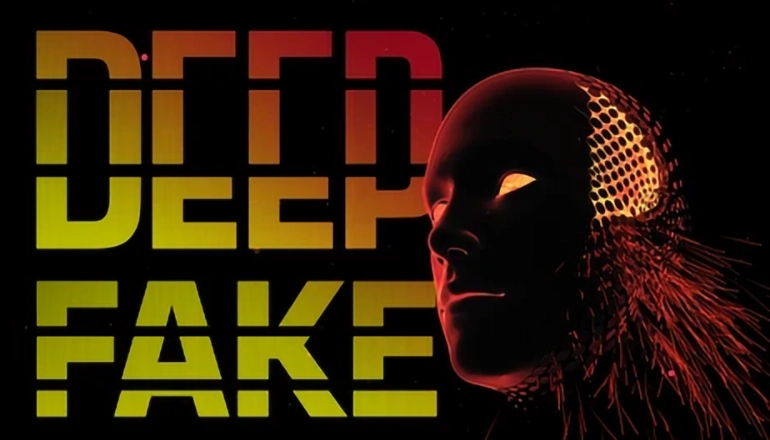State Representative Adam Schwadron is taking a significant step towards protecting the privacy and well-being of individuals by filing “The Taylor Swift Act.” This groundbreaking legislation aims to address the unauthorized disclosure of intimate digital depictions, providing crucial safeguards for those affected by such actions.
The bill, named after the renowned artist Taylor Swift, aims to set clear guidelines and legal mechanisms for individuals who become victims of the unauthorized sharing of explicit fake photos. This initiative was prompted by Taylor Swift’s recent experience, where manipulated photos of her were widely viewed online.
Deepfakes involve the use of artificial intelligence (AI) to create manipulated photos or videos by altering someone’s face or body. A 2023 study revealed a massive increase in the production of altered images since 2019, driven by advancements in AI technology. Currently, there are no federal laws addressing the creation or sharing of deepfake images. However, some states have taken steps to address the issue, and in the United Kingdom, the sharing of deepfake pornography was made illegal through the passage of the Online Safety Act in 2023.
HB 2573 seeks to address unauthorized disclosures of individuals’ likenesses by allowing affected individuals, including minors or incapacitated persons, to bring civil actions. The bill specifies conditions for valid consent, emphasizing explicit agreements and offering safeguards against potential harm. In civil actions, affected individuals can seek relief, such as monetary damages and injunctive relief, with the option for pseudonymous confidentiality.
“The Taylor Swift Act” also deals with criminal offenses related to unauthorized disclosure, categorizing them as felonies based on intent. To adapt to the changing digital landscape, the bill provides liability protections for interactive computer service providers, ensuring responsible actions don’t subject them to undue legal consequences.
Rep. Schwadron believes that “The Taylor Swift Act” is a crucial step towards providing individuals with the legal tools needed to protect their privacy and dignity in an increasingly digital world.
“These images can cause irrevocable emotional, financial, and reputational harm,” Rep. Schwadron, R-St. Charles said. “The worst part is that women are disproportionately impacted by these deepfakes. These fake images can be just as crushing, harmful, and destructive as the real thing. There’s already enough bad in this world, and as the father of two daughters, I want to ensure that no one should have to fear this kind of assault.”
As “The Taylor Swift Act” moves through the legislative process, Rep. Schwadron remains committed to fostering a safer and more secure environment for individuals navigating the challenges posed by digital technologies.


